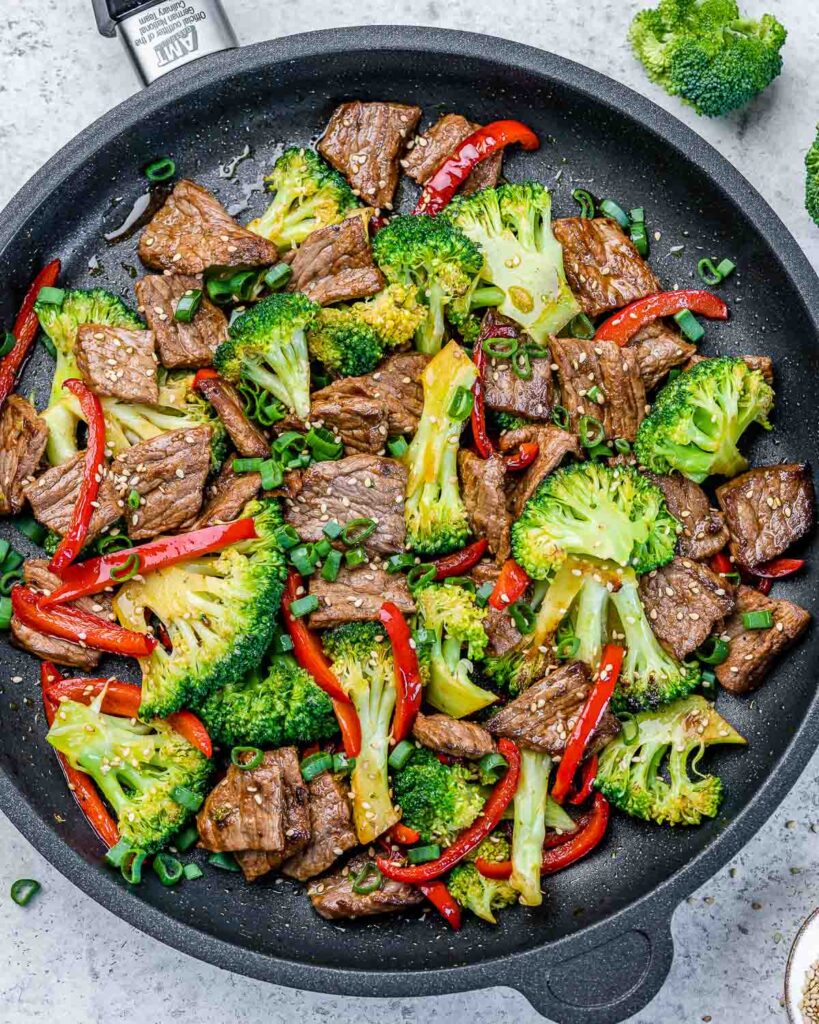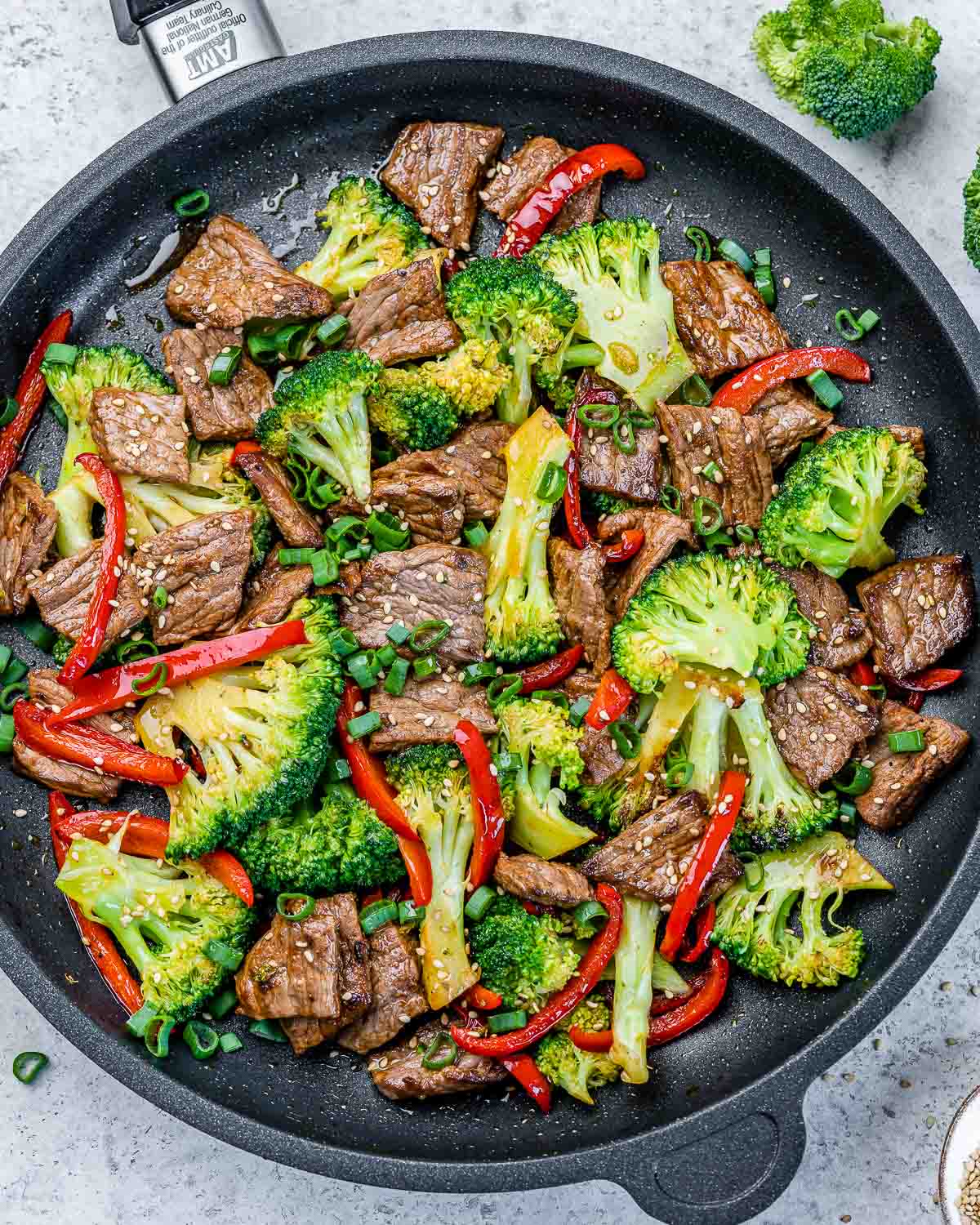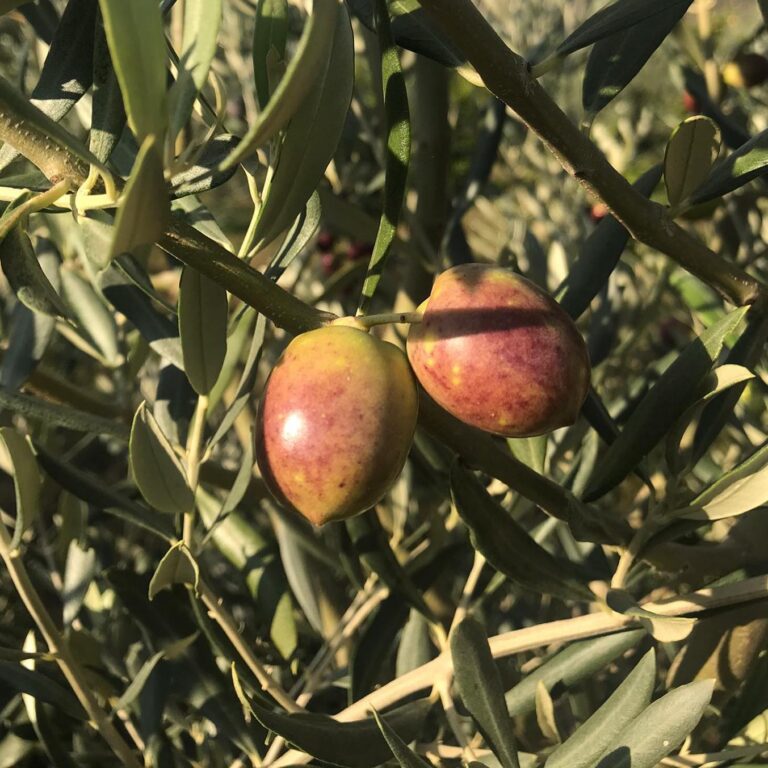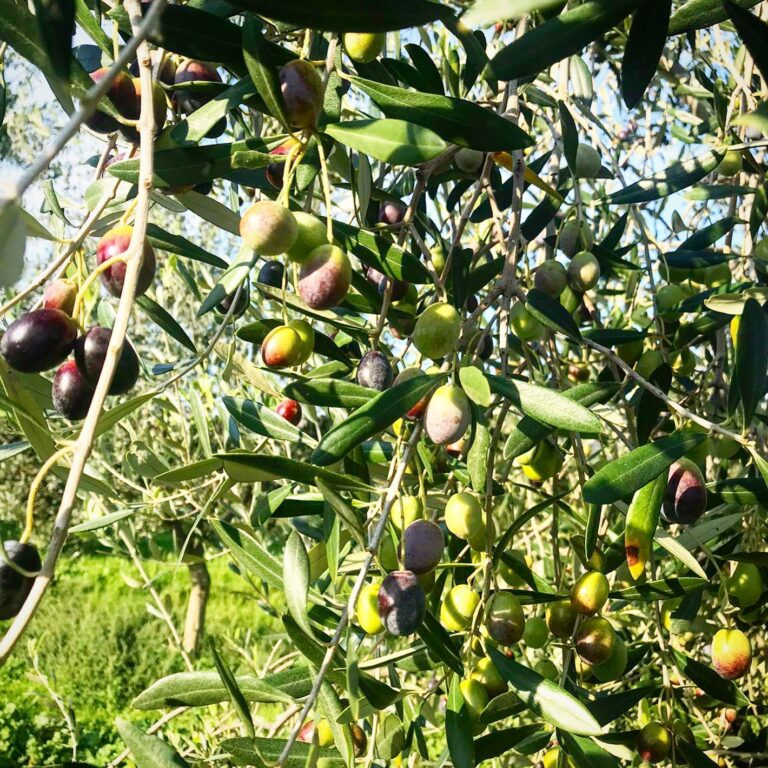A Guide to Healthier Cooking: Unlocking the Power of Olive Oil
The Art of Healthy Cooking: A Modern Approach
Making your daily meals healthier doesn’t have to be complicated. By making simple changes to how you cook and what you use, you can create delicious food that is also deeply nourishing. This guide will walk you through foundational principles and introduce you to the surprising power of one of the healthiest fats on the planet: olive oil.
Choosing Your Cooking Methods
The journey to healthier cooking begins by rethinking how you prepare your food. Try moving away from high-fat methods like deep frying and instead, embrace techniques that preserve nutrients and reduce the need for added fats.
You can easily get great results with methods such as:
- Steaming or Microwaving: These are excellent ways to cook vegetables, as they help retain the vitamins and minerals that can be lost when boiling.
- Stir-Frying: This quick-cooking method keeps vegetables crisp and helps them hold on to their nutrients.
- Baking, Grilling, or Braising: These techniques are perfect for preparing lean meats and vegetables without excess oil or fat.

For many recipes, you can use non-stick cookware to significantly reduce or even eliminate the need for oil. When you do need to use a little oil for browning vegetables, try this technique: place the vegetables in a hot pan first, then lightly spray them with oil. This helps them absorb less oil than if you had added the oil to a cold pan.
Ingredient Selection and Preparation
Healthy cooking is built on a foundation of smart choices at the grocery store. Focus on nutrient-dense ingredients that are naturally low in unhealthy fats. When choosing protein, opt for leaner cuts of meat, such as those with “round,” “chuck,” or “loin” in the name, as well as skinless chicken breasts. Switching to reduced-fat dairy products like milk, cheese, and yogurt can also help you minimize your fat intake.
In your kitchen, aim to keep your pantry stocked with staples like seasonal vegetables, fruits, whole grains, nuts, and seeds. Plant-based proteins such as beans, lentils, edamame, and tofu are also excellent, heart-healthy alternatives that are naturally low in saturated fat. When preparing vegetables, remember to scrub them clean instead of peeling, since many nutrients are concentrated close to the skin.
Flavor Without the Salt
Salt is often hidden in many processed foods, and a diet high in sodium can contribute to health issues like high blood pressure. Instead of reaching for the salt shaker, learn to enhance flavors with natural alternatives.
A far better approach is to use herbs, spices, and other liquids. A drizzle of olive oil, a splash of vinegar, or a squeeze of lemon juice at the end of the cooking process can brighten flavors in a way similar to salt. Fresh herbs should be added in the final minutes of cooking to preserve their delicate taste, while dried herbs, which are more potent, can be added earlier. For creamy sauces, you can use healthier alternatives like pesto, salsas, chutneys, and vinegars instead of butter or cream.
The Science Behind the Plate: Choosing the Right Fats
Dietary fats are not all the same, and understanding the difference is key to making healthier choices.
Understanding Dietary Fats
Fats are primarily categorized as either saturated or unsaturated. Olive oil is made up mainly of monounsaturated fats, which are a type of unsaturated fat. Among all edible plant oils, olive oil has the highest percentage of monounsaturated fat, including a powerful compound called oleic acid that has been recognized by the FDA for its health benefits. In contrast, saturated fats, which are often linked to health risks, are found in high concentrations in animal products like butter and lard.
Olive Oil vs. Other Cooking Fats
When you compare olive oil to common animal fats like butter and margarine, the choice for a healthier option is clear. Olive oil is a “clear winner” due to its superior nutritional profile. Research has shown that replacing unhealthy fats, such as butter and margarine, with olive oil is linked to a lower risk of death from cardiovascular disease, cancer, and neurodegenerative disease. This is because olive oil has significantly less saturated fat, which has been linked to increased levels of “bad” LDL cholesterol and a higher risk for heart disease. The monounsaturated fats and antioxidants in olive oil have been shown to help improve blood pressure and cholesterol levels.
The comparison between olive oil and other plant and tropical oils can be more surprising. While some organizations list other oils like canola and soybean oil as healthy choices , a specific Australian study presents a contrasting view, particularly regarding high-heat cooking.
The most significant finding from this research challenges the common belief that an oil’s smoke point—the temperature at which it starts to smoke—is the best indicator of its safety. The study found that oils with the highest smoke points, like canola oil, actually produced the most harmful by-products when heated. In contrast, extra virgin olive oil and coconut oil produced the lowest amounts of these dangerous compounds. This suggests that an oil’s ability to resist breaking down, known as oxidative stability, is a far more important factor than its smoke point.
This table breaks down the key differences between common cooking fats:
| Fat Type | Saturated Fat Content | Monounsaturated Fat Content | Antioxidant Content | Oxidative Stability (when heated) | Harmful Compound Formation (when heated) |
| Olive Oil | Low | High | High | High | Lowest |
| Butter | Very High | Low | None | Low | High |
| Canola Oil | Low | High | Very Low | Poor | Highest |
| Coconut Oil | Very High | Low | Trace | High | Low |
Export to Sheets
Beyond Fat: The True Power of Olive Oil
The health benefits of olive oil go far beyond its reputation as a “healthy fat.” They are a result of a unique combination of monounsaturated fats and powerful bioactive compounds.
The Foundation of Health: Monounsaturated Fats
Olive oil’s primary health benefit comes from its high concentration of monounsaturated fatty acids, especially oleic acid. As a cornerstone of the Mediterranean diet, these fats are crucial for improving your cholesterol levels by reducing “bad” LDL cholesterol while potentially increasing “good” HDL cholesterol. This is why the Mediterranean diet is so well-regarded for its protective effects on heart health.
The Bioactive Core: Polyphenols and Antioxidants
Beyond its fatty acid profile, the most significant health-promoting components of olive oil are its polyphenols and other potent antioxidants. These compounds act as powerful shields against oxidative stress—a process linked to cellular damage and chronic disease. They also have strong anti-inflammatory properties, which is important because chronic inflammation is a key factor in the development of many serious illnesses, including heart disease, cancer, and neurodegenerative disorders.
Specifically, these polyphenols have been shown to improve blood vessel function, reduce blood pressure, and help prevent the oxidation of LDL cholesterol. Research also suggests potential benefits against cancer and neurodegenerative diseases, as these compounds may help inhibit the growth of cancer cells and protect nerve cells from damage. For the highest concentration of these beneficial polyphenols, you should choose extra virgin olive oil (EVOO), as its minimal processing helps retain these compounds.
The Data: Why a Drizzle a Day Matters
The health benefits of olive oil are not just anecdotal; they are backed by robust, long-term scientific research. A landmark 28-year study published in the Journal of the American College of Cardiology provides some of the most compelling evidence to date. The study, which followed over 90,000 individuals, found that consuming more than 1/2 tablespoon of olive oil per day was associated with a significantly lower risk of death from a variety of causes.
The quantitative findings are profound:
- A 19% lower risk of all-cause mortality.
- A 19% lower risk of death from heart disease.
- A 17% lower risk of cancer mortality.
- A 29% lower risk of death from neurodegenerative diseases.
- An 18% lower risk of death from respiratory diseases.
This study also highlighted that replacing other fats like butter and margarine with olive oil was linked to a lower risk of death. While the research shows a strong correlation, it does not prove causation and noted that most participants were not ethnically diverse. Still, the findings provide a powerful, data-backed reason to make olive oil a staple in your diet. The FDA’s recent update to its “healthy” claim, which now includes olive oil, further supports this positioning.
Putting It All Together: How to Use Olive Oil in Your Kitchen
Now that you understand the science, let’s put it into practice.
The Art of the Drizzle
For high-quality extra virgin olive oil (EVOO), its most beneficial and flavorful use is in its raw form. The robust, fruity, and sometimes peppery flavors of EVOO are best preserved when they aren’t subjected to high heat. This makes it perfect for:
- Salad Dressings: A simple mixture of EVOO, vinegar, and herbs makes a fresh, flavorful, and healthy dressing.
- Dips and Marinades: Use EVOO as a base for dips like hummus or in marinades for vegetables and meats.
- Finishing Oil: A drizzle of EVOO over a dish just before serving, such as over roasted vegetables, pasta, or soup, adds a final touch of flavor and ensures you get the maximum health benefits from its delicate, heat-sensitive antioxidants.
Mastering the Heat: Cooking with Confidence
A common misconception is that EVOO is not suitable for cooking due to its relatively lower smoke point compared to refined oils. However, as the research shows, an oil’s oxidative stability is far more important than its smoke point.
While EVOO has a smoke point range of 350-410°F (177-210°C), this is more than enough for most everyday cooking methods, including sautéing, roasting, and baking. In fact, research indicates that olive oil maintains its stability better than many seed oils at typical cooking temperatures. Its high concentration of monounsaturated fats and protective antioxidants resist the breakdown that can produce harmful compounds. So you can confidently use a high-quality olive oil for a wide range of cooking, knowing that it remains a stable and healthy choice.




